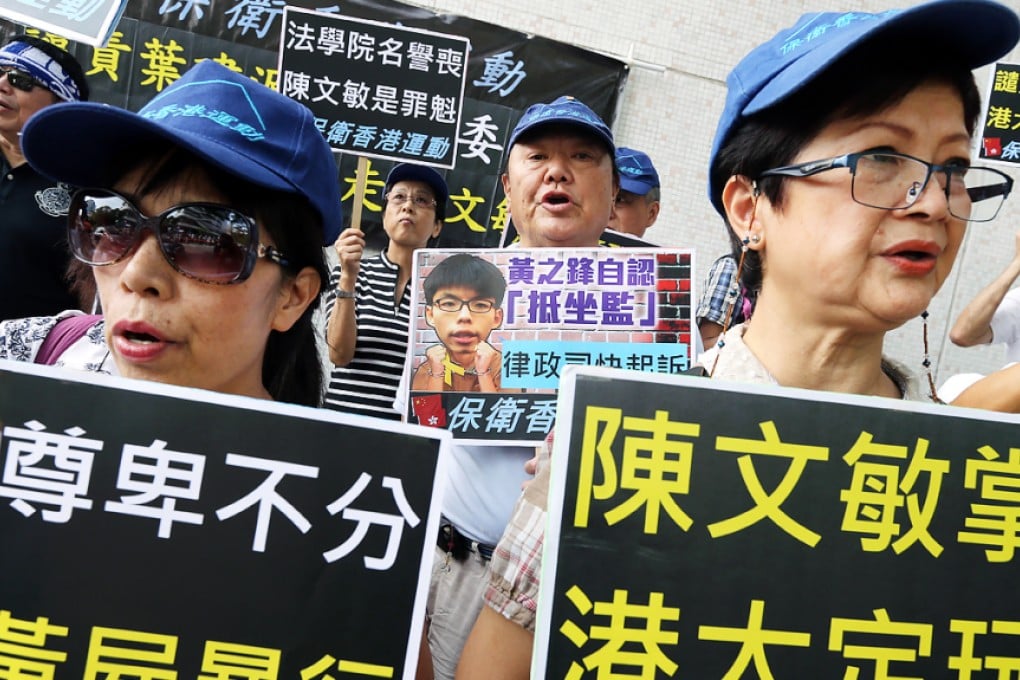University of Hong Kong's decision not to appoint Johannes Chan as pro-vice-chancellor smacks of political interference
Phil Chan says the decision not to appoint a liberal professor to an HKU post undercuts our constitutionally guaranteed academic freedom

READ MORE: Coverage of the controversy over Johannes Chan's appointment
A primary role of a pre-eminent law school, particularly in the troubled region that is China and the wider Asia, is to instil a sense of responsibility in its students for their society and fellow citizens, while imparting knowledge through research and pedagogy. In continental Europe, Japan, South Korea and indeed mainland China, academics have significant influence over the formulation of government policy.
Thanks to its legacy and place in Hong Kong society, HKU is considered excellent by international standards for its objective research and education
In Hong Kong, academic freedom is protected under the Basic Law. It includes the freedom to associate, agree or disagree with, encourage or discourage, or intellectually support or critique another scholar. Whether or not one agreed with Occupy Central - and I, for one, did not - is beside the point. The decision not to appoint Chan, seen by some to be an ally of an Occupy co-founder, as a pro-vice-chancellor sadly calls to mind the Imperial Chinese practice of purging the extended family of a disgraced official.
Have we forgotten how the Cultural Revolution played out? Law schools were among the first to go.
Interference in university administration in Hong Kong cannot plausibly be denied. One does not need a tank or an army to interfere; in the local cultural context, a quiet word from a powerful source can be far more potent. The fact that the HKU council is composed primarily of appointees on the basis of political or commercial interests is more worrying than the fact the chief executive is HKU's chancellor.
